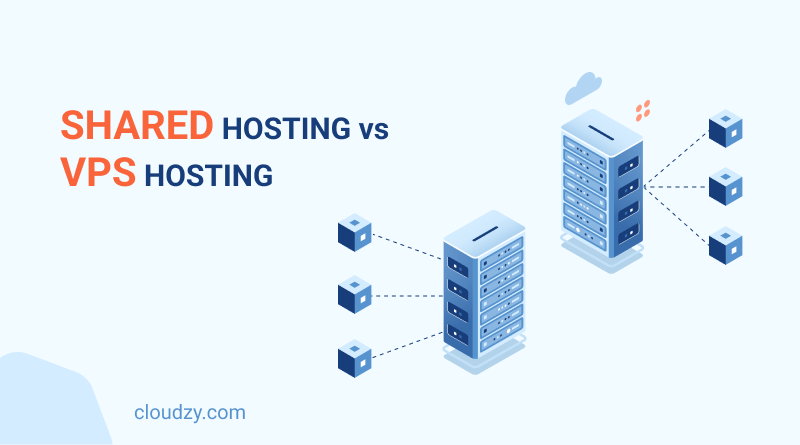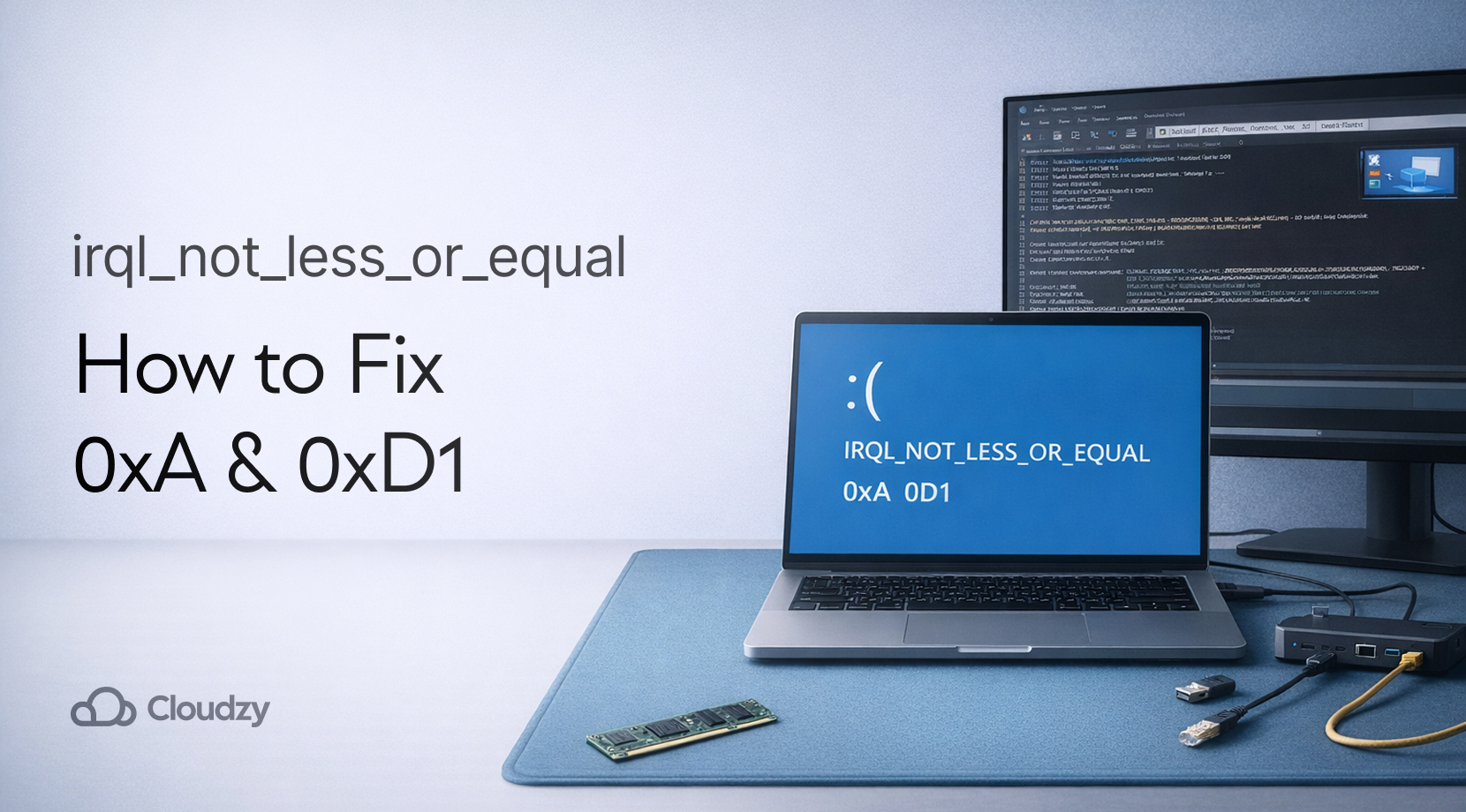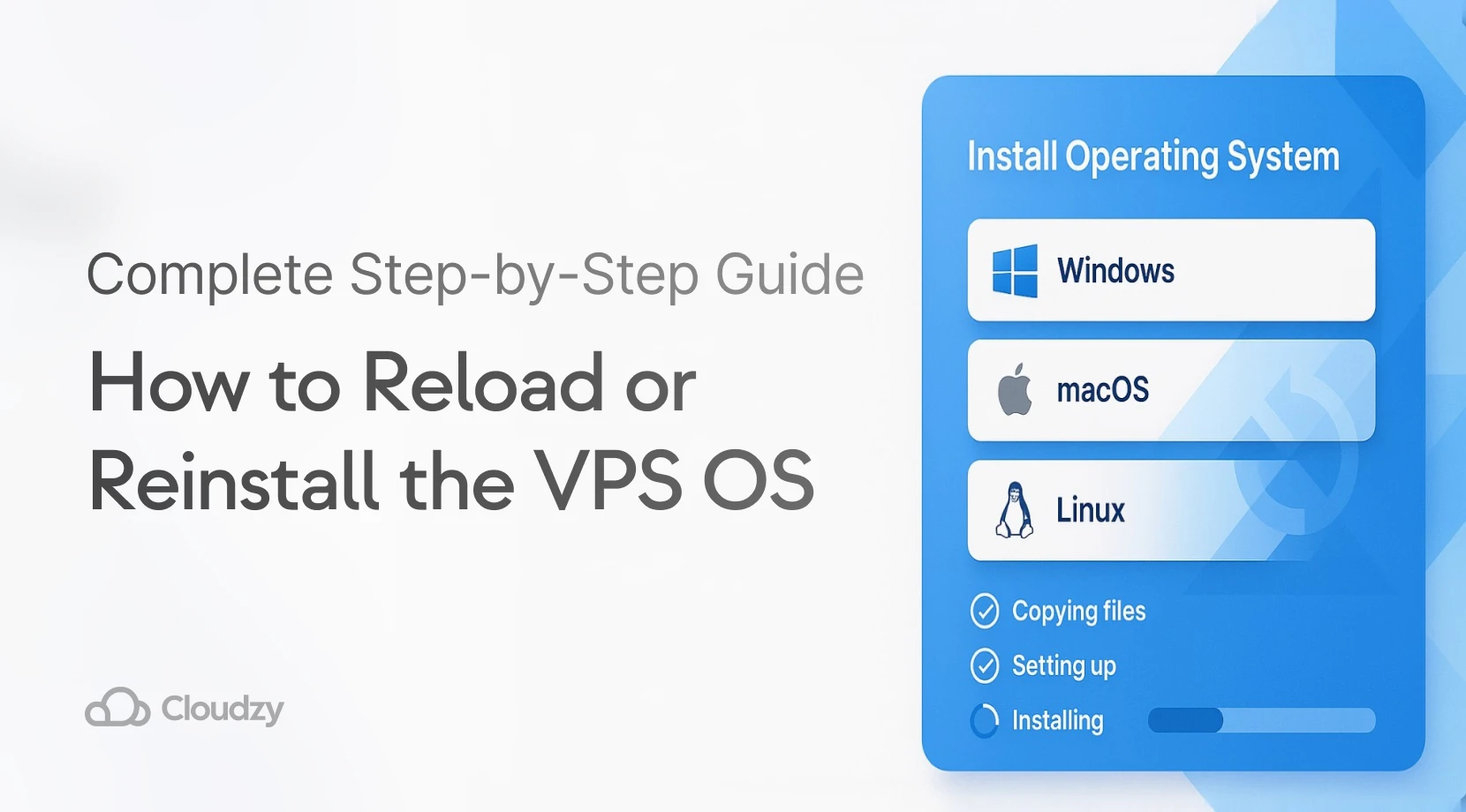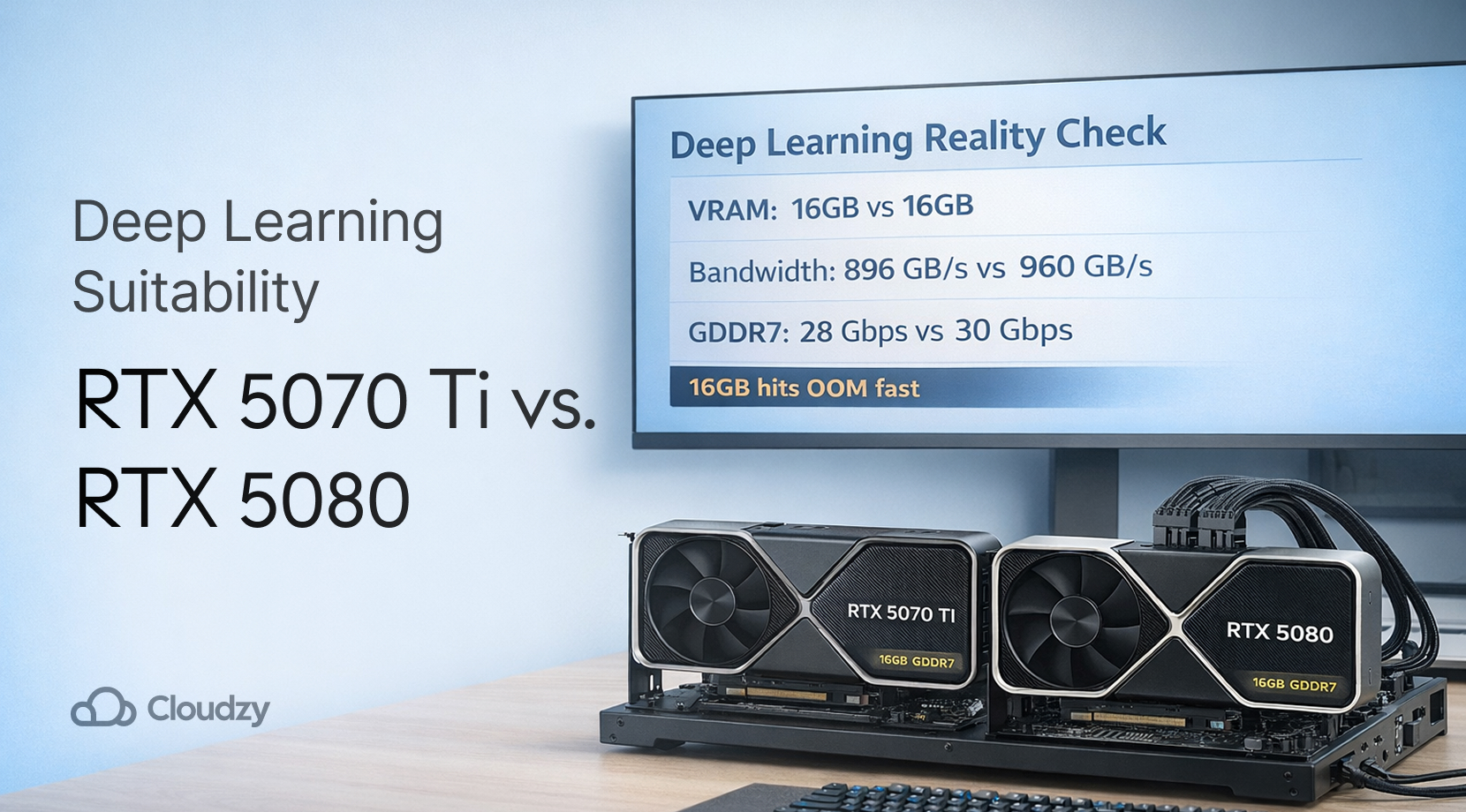Have you ever thought about which hosting option would be the best fit for your website? Choosing between VPS and shared hosting is a bit like deciding between a packed public bus and a comfortable, private car.
Both will get you to your destination, but the experience is vastly different. Shared hosting is like riding the bus: you’re sharing space and resources with others, which can mean slower performance, less control, and the potential for unexpected delays. It’s cheap and accessible, making it suitable for small, personal sites that don’t need peak performance.
In contrast, VPS hosting is like having your own car. You have more freedom, control, and a smoother ride—perfect for websites with growing traffic or businesses that need reliable, consistent performance.
Naturally, having a clear understanding of the differences between VPS vs. shared hosting is pretty important to making the best choice for your website’s future. It doesn’t matter if you’re just getting your feet wet with your first blog or scaling up an e-commerce store, knowing these distinctions can help you avoid slow loading times, security risks, and resource limitations when your traffic starts to surge.
So, let’s break down the major differences between shared hosting vs. VPS. We’ll first answer the question “what is VPS hosting vs. shared hosting?” and then discuss their key differences.
What Is Shared Hosting?
Shared hosting is one of the most common types of web hosting, especially popular for beginners and small businesses. In this setup, multiple websites share the same physical server and its resources, like CPU, RAM, and bandwidth. This shared environment helps keep costs low, making it an affordable option for those who don’t need a lot of power or custom features. However, the trade-off is that performance can fluctuate if other sites on the server experience high traffic or resource usage.
What Is VPS Hosting?
VPS (Virtual Private Server) hosting offers a step up from shared hosting by providing a virtualized server environment. While multiple VPS instances share the same physical hardware, each operates independently with its own dedicated resources. This gives users greater control, customization, and stability compared to shared hosting. When considering VPS vs. shared hosting, its clear that VPS hosting is ideal for websites that have outgrown shared hosting or need more reliability and security for handling increased traffic and complex applications.
The Key Differences Between VPS Hosting Vs. Shared Hosting
Now that we’ve covered what shared hosting and VPS hosting are, let’s talk about their main differences that you should consider before opting for either one. Understanding these differences will help you choose the right option that meets your website’s specific needs and future goals, especially when weighing VPS vs. shared hosting.
Resource Allocation
Think of shared hosting as living in a house with roommates where everyone shares resources like electricity and water. This means that your website is using the same server resources as other websites. The upside is affordability, but the downside is that your performance can be affected by others. If one website on your server experiences a surge in traffic, it’s like one roommate running the dishwasher and the washing machine at the same time—you’re left with less to work with.
As for VPS hosting, picture living in a condo. While you share the same building (the physical server) with others, your space and utilities are entirely yours. VPS hosting gives you dedicated resources, which translates to better performance and minimal impact from “noisy neighbors.” Your CPU, RAM, and bandwidth are yours to use as you see fit, which means smoother performance even when other VPS users on the same server are active.
Basically, what this all means in the VPS vs. shared hosting discussion is that VPS hosting offers greater reliability and consistent resource allocation, ensuring your site isn’t affected by the traffic spikes or activity of others.
Performance & Reliability
Performance is obviously a key aspect when discussing VPS vs. shared hosting, and, to be honest, shared hosting can be unpredictable in this regard. When multiple websites share the same server, one high-traffic site can cause a major decrease in speed and performance for everyone else.
Reliability is another crucial factor when choosing between VPS and shared hosting, especially if you want your website to remain accessible without unexpected interruptions. In shared hosting, reliability can often be hit-or-miss. Since you’re on a server with multiple sites, any issues that affect one site—like a sudden traffic spike or a technical glitch—can spill over to everyone else.
This setup might lead to sporadic downtime or performance dips that are out of your control. So, if you’re running a blog or a simple informational website, shared hosting could work, but it’s best not to expect flawless uptime.
With VPS hosting, you gain a serious boost in reliability. Since your virtual server operates independently within the physical server, the reliability of your site isn’t affected by the traffic or issues of other VPS users. It’s like having a guaranteed seat at a busy restaurant without worrying if the place will be full when you arrive.
Our VPS services at Cloudzy back this up with 99.95% uptime, lightning-quick 10Gbps connections, and robust hardware, including enterprise NVMe SSD storage and powerful 3.23 GHz turbo-speed AMD EPYC processors. For sites handling e-commerce, high traffic, or crucial data, this reliability isn’t just convenient—it’s essential.
 High-performance VPS hosting with low pricing
High-performance VPS hosting with low pricing
Benefit from our affordable VPS hosting for various use-cases, including hosting websites or games, trading, remote desktop server, and app development & testing.
Get a High-efficiency VPSPicture it like this: Imagine shared hosting as trying to work in a bustling coffee shop—sometimes, you get peace and quiet, but other times, it’s noisy and distracting. VPS hosting, on the other hand, is like working in your private office, where you control the environment and aren’t impacted by outside interruptions.
Cost
The major appeal of shared hosting when discussing VPS vs. shared hosting is its budget-friendly nature. For personal blogs, hobby sites, or small projects where cost is a concern, shared hosting holds a massive advantage. This is due to the fact that you share resources, which keeps costs low, and most plans include basic management and support, making it easy for beginners.
While VPS hosting comes with a higher price tag, it’s an investment in performance and control. The cost varies depending on the amount of resources you need, but the benefits—including better security, reliability, and the ability to customize—make it worthwhile for growing sites and businesses. Think of it as upgrading from basic to premium—you pay more, but you get a lot more in return.
One way to solve the cost issue when debating VPS hosting vs. shared hosting is to start with shared hosting if your website is new and your budget is tight. Then, monitor your growth, and when you need more power and control, consider upgrading to VPS hosting.
While shared hosting is typically cheaper than VPS hosting, our VPS pricing is one of the lowest on the market, featuring plenty of handy add-ons, dedicated IP addresses, and over 15 locations!
Security
Security in shared hosting is managed by the hosting provider, but sharing a server inherently brings risks. If another site on your server is compromised, it could potentially affect your site as well. Hosting providers implement firewalls and standard security measures, but customization is limited, so, realistically, you’re only relying on their security protocols.
One of the significant advantages of VPS hosting when comparing VPS vs. shared hosting is enhanced security. Each VPS runs in an isolated environment, reducing the risk of cross-contamination from other users. This is done through hypervisors such as KVM or VMware ESXi for kernel-level isolation, ensuring each instance operates independently and is fortified against unauthorized access.
You have the option to implement custom security measures—firewalls, encryption, and more—to suit your needs. This is especially beneficial for websites handling sensitive user data or financial transactions, such as with e-commerce or membership sites.
Customization and Control
Customization in shared hosting is generally limited. You’re provided with pre-set configurations that cater to general needs. While this simplicity is convenient for beginners, it can be restrictive for those who need specific server setups or want to install unique software. Essentially, you’re at the mercy of what the hosting provider allows.
VPS hosting is a game-changer when it comes to control and customization in the debate of VPS vs. shared hosting. You get root access, meaning you can install any software, tweak server settings, and optimize your environment based on your specific needs. This level of control is ideal for developers or businesses that need to run custom applications.
You can think of shared hosting as renting a pre-furnished apartment—it’s convenient but not very flexible. VPS hosting, meanwhile, is like owning your home where you can knock down walls, paint, and renovate to your heart’s content.
Scalability
When your website begins to outgrow the allocated resources on a shared server, scaling up can be challenging. Most shared hosting plans come with predefined limits, so if your traffic increases significantly, you may need to migrate to a new plan or even a different type of hosting altogether.
VPS hosting shines in terms of scalability, one of its biggest advantages in the debate of VPS vs. shared hosting. You can easily upgrade your resources, such as CPU, RAM, and storage, with minimal hassle and no need to migrate to a new server. This makes VPS hosting a great choice for websites that expect consistent growth or experience seasonal traffic spikes.
Want a high-performance Cloud VPS? Get yours today and only pay for what you use with Cloudzy!
Get Started HereTechnical Expertise
Shared hosting is the go-to for beginners specifically because of its low maintenance. The hosting provider manages server maintenance, software updates, and most technical aspects, allowing users to focus solely on their content or business without worrying about backend configurations.
VPS hosting gives you more control, but that control comes with responsibility. While more expensive managed VPS options are available, an unmanaged VPS requires you to have technical knowledge or a dedicated IT team to handle configurations, updates, and security. This makes this type of hosting ideal for users who are comfortable with server management or those who want to learn.
Plus, rather than weighing VPS vs. shared hosting, you can even combine them If you want the power of VPS hosting but don’t have the technical chops by going for a managed VPS plan that provides support while still offering you the benefits of dedicated resources.
Final Thoughts: Choosing Between VPS Hosting vs. Shared Hosting
At the end of the day, choosing between VPS vs. shared hosting boils down to your website’s specific needs. Shared hosting is a budget-friendly and straightforward option, which is perfect for beginners and smaller websites that don’t require extensive resources or customization. It’s a solid stepping stone for anyone starting out and looking for simplicity without breaking the bank. However, as your site grows, shared hosting’s limitations may become more evident, particularly when it comes to performance and security.
VPS hosting, on the other hand, is the smarter choice for those who need more control, reliability, and room to expand. If you run a growing business, face high traffic, or manage important data, VPS hosting offers much more benefits that shared hosting simply doesn’t.
Ultimately, the best part about VPS hosting is the freedom and customizability it provides: you can adjust settings, add resources, and adapt as your site’s needs change, which it certainly will over time. So, think about where your site is now and where you want it to be, and choose the hosting solution that keeps everything running smoothly while also keeping your site’s growth in mind.
FAQ
What is the main difference between shared hosting vs. VPS hosting?
The main difference lies in resource allocation and control. Shared hosting means multiple websites share the same server resources, which can lead to performance fluctuations. VPS hosting provides dedicated resources within a shared physical server, offering more consistent performance and greater control.
Which is better, VPS vs. shared hosting?
VPS hosting is better for websites that need more control, security, and dedicated resources. Shared hosting is more budget-friendly and works well for smaller sites or beginners, but it can be limited in performance when traffic spikes.
When should I use shared hosting?
Use shared hosting when starting a personal blog, a small business site, or a project that doesn’t need extensive customization. It’s the simplest and most cost-effective option for low-traffic websites.



